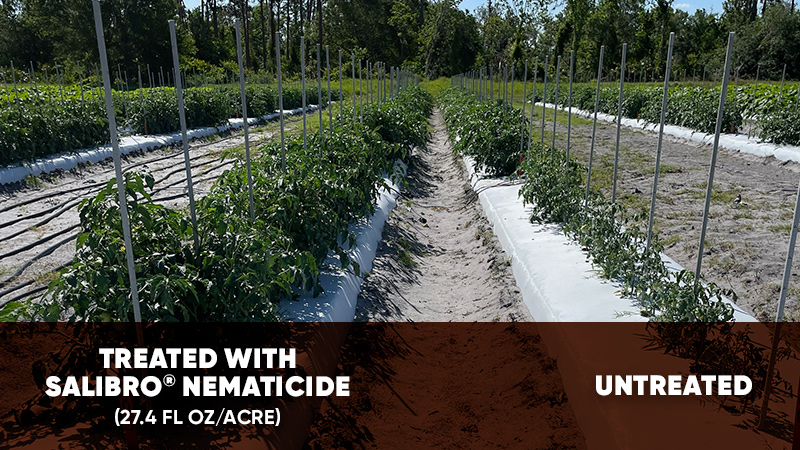APHIS Confirms Citrus Black Spot
The initial identification was made by the Florida Department of Agriculture and Consumer Services (FDACS), Department of Plant Industry (DPI) on March 25. The identification was made as a result of a routine Citrus Health Response Program (CHRP) survey at the grower’s request. Following the preliminary determination by FDACS that the fruit was infected with CBS, APHIS and FDACS personnel revisited the property and collected symptomatic fruit that was sent to the APHIS laboratory in Beltsville, MD, for confirmatory testing. The commercial citrus groves where CBS was confirmed produces fruit for juicing. An Emergency Action Notification has been issued requiring that the fruit be shipped to local processing plants under tarpaulin or within closed vehicles to prevent spread of CBS. A compliance agreement has been implemented to ensure appropriate cleaning of the conveyance and approved procedures for the disposal of debris. No fruit from the affected groves was shipped out of Florida.
To date, CBS has not been detected in other parts of Florida through multipest surveys conducted by FDACS-DPI as part of the Federal CHRP Program.
APHIS and FDACS DPI continue to delimit the area to determine the extent of the infestation and are implementing the necessary phytosanitary procedures to prevent the spread of CBS from the infested orchard in Collier County.
Under IPPC standards, Guignardia citricarpa is considered to be a pest that is present only in some areas, and is subject to official control in the U.S.
“This detection demonstrates the effective and collaborative nature of the citrus health response program,” said Rebecca Bech, deputy administrator for APHIS’ plant protection and quarantine. “It has not only provided the infrastructure upon which we made this early detection but also the framework for APHIS’ regulatory response.
“We are working in collaboration with the Florida Department of Agriculture and Consumer Services, the University of Florida’s Citrus Research and Education Center and the citrus industry to limit the spread and impact of this disease through swift regulatory actions, education and informed compliance.”
A fungal disease marked by dark, speckled spots or blotches on the rinds of fruit, citrus black spot is an economically significant citrus disease. It causes early fruit drop, reduces crop yield and renders the highly blemished fruit unmarketable. While all commercial citrus cultivars are susceptible to citrus black spot, the most vulnerable are lemon and late-maturing citrus varieties like Valencia. Although disease symptoms are expressed clearest on the rinds of fruit, the risk of this disease spreading through fruit movement is minimal. The greatest risk of disease transmission is associated with the spores released from fallen, decomposing citrus leaves.
Citrus black spot occurs in subtropical regions of the world with summer rainfall. The disease has been found in Argentina, coastal areas of Australia, Brazil, China (mainland and Hong Kong), Indonesia, Japan, Kenya, Mozambique, Nigeria, Peru, Philippines, areas of South Africa with summer rainfall, Swaziland, Taiwan, Uruguay, Venezuela and Zimbabwe.
Sources: North American Plant Protection Organization Phytosanitary Alert System and USDA APHIS









